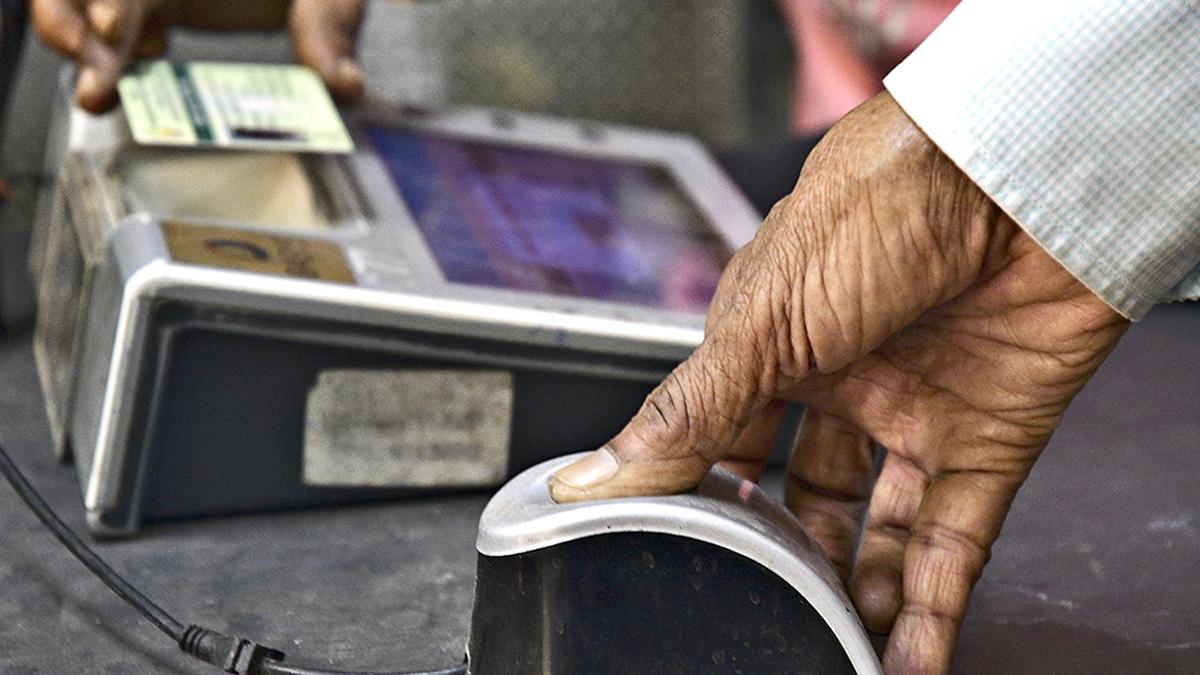



The Indian government and the Asian Development Bank have signed a $350 million loan to fund the Strengthening Multimodal and Integrated Logistics Ecosystem (SMILE) program to improve the logistics sector by making it more efficient, resilient, and sustainable. The program aims to reduce logistics costs, increase operational efficiency, and generate job opportunities, while prioritizing gender inclusion.

Copyright infringement not intended
Picture Courtesy: BUSINESS STANDARD
The Indian government and the Asian Development Bank (ADB) signed a $350 million policy-based loan under the second subprogramme of the Strengthening Multimodal and Integrated Logistics Ecosystem (SMILE) program.
The SMILE programme aims to make India a global logistics leader by improving efficiency, resilience, and sustainability.
It aims to improve the logistics sector through strategic reforms and a collaborative effort involving key government departments and ADB.
The SMILE programme is a collaboration between the Department of Economic Affairs (DEA) of the Ministry of Finance, the Department for Promotion of Industry and Internal Trade (DPIIT) of the Ministry of Commerce and Industry.
Strengthening institutional frameworks by Increasing capacity at the national, state, and city levels to better integrate logistics infrastructure.
Standardising warehousing involves establishing uniform standards to streamline supply chains and attract private investment.
Improving trade logistics involves increasing the efficiency of India's external trade operations.
Promoting smart, low-emission systems by utilising modern technologies to boost efficiency while lowering environmental impact.
The SMILE programme is expected to reduce logistics costs, increase operational efficiency, and generate significant job opportunities.
It also prioritises gender inclusion, ensuring that growth benefits are distributed equitably across sectors.
How does the SMILE programme contribute to gender inclusion?
The programme prioritises gender inclusion by ensuring that reforms promote equitable growth. It aims to create equal opportunities for women and other under-represented groups, creating a more inclusive logistics sector.
The SMILE programme to improve the logistics ecosystem by increasing the competitiveness of the manufacturing sector, which will create a more efficient supply chain, and allow manufacturers to cut costs and improve delivery times, boosting their global competitiveness.

Must Read Articles:
Source:
|
PRACTICE QUESTION Q.Critically analyze the role of technology in transforming India's logistics sector. (150 words) |



© 2025 iasgyan. All right reserved